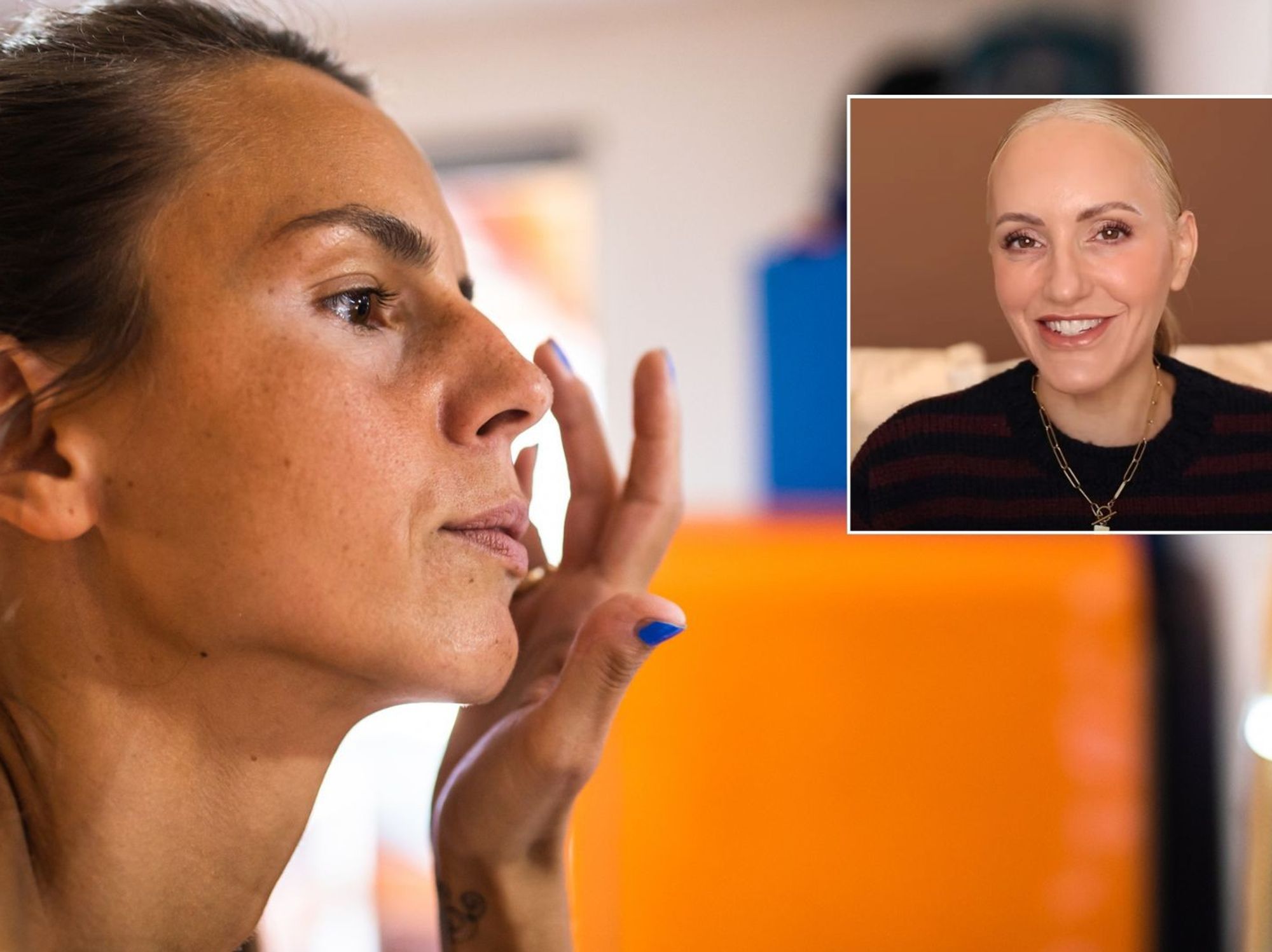
PPI stands for payment protection insurance
GETTY
PPI, which stands for payment protection insurance, was sold with loans, credit cards, mortgages and other types of credit, and some "stand-alone" PPI policies were also sold
Don't Miss
Most Read
Trending on GB News
A new multi-billion pound wave of Payment Protection Insurance (PPI) claims has been launched through a group legal action which aims to compensate millions of banking customers.
While the first set of PPI claims was based around mis-selling, this new legal action centres on banks and credit card companies secretly taking huge commissions from customers who signed up to the insurance product.
It is estimated that up to six million people will be eligible to join the group legal claim, which lawyers say will help end PPI claims once-and-for-all.
These high levels of secret commissions are deemed to be ‘unfair’ under the Consumer Credit Act, which means banks and credit card companies can be forced to return all of the PPI payments to customers.

Harcus Parker is arguing that any compensation paid to date has been inadequate
GETTY
Law firm Harcus Parker launched the group legal action to bring together all of the secret PPI commission claims into one court case to force the banks and credit card companies to pay back the full cost of the insurance product.
Despite lawsuits and compensation schemes dating back to 1993, banks and credit card companies have only ever paid back a fraction of these undisclosed commissions.
Damon Parker, senior partner at Harcus Parker, said: “Banks and credit card companies have known since at least 2017 that they should pay back these undisclosed commissions. Some legal challenges have been brought by individual customers; however, they are almost impossible to prosecute at scale. The only way through this quagmire is by allowing customers to join a group litigation claim.”
Around 350,000 people have already applied to join the ‘no win, no fee’ group legal action. However, millions more consumers could be eligible to claim their money back from banks and credit card companies.
Mr Parker said: “For years banks and credit card companies have found ways to avoid telling customers the whole truth about the commissions they paid themselves. This failure to come clean about the scandal is a stain on the industry and needs to be redressed through settlement or legal means. It is no good for banks to continue to blame customers for a problem that they created and have failed adequately to address.”
PI is one of the largest financial scandals in history. For decades, banks sold absurdly priced insurance products to customers who often didn’t need them or couldn’t claim on them.
Very few successful insurance claims were ever made on the policies, allowing banks to make billions of pounds in profit with almost no risk. Banks continued to sell the products despite early legal rulings finding they were unfair.
It was only after intervention by the Courts, Parliament, the Office of Fair Trading, the Competition Commission, Citizens Advice, the Financial Conduct Authority and the Financial Ombudsman Service ( in fact nearly every relevant authority in the UK) that the banks finally accepted that PPI products were mis-sold and that customers should be refunded.
However, Harcus Parker is arguing that any compensation paid to date has been inadequate.
“Customers who have previously received PPI compensation could well be owed thousands of pounds more. And there will be many more customers who had their claims turned down who will be eligible under our claim. And anyone who has never made a claim but did have PPI is also highly likely to be able to make a claim,” said Mr Parker.
“I would urge anyone who thinks they may have a claim to fill out the very simple form on our claims website to see if they are eligible.”
The county court application for a Group Litigation Order was filed on behalf of 2,518 named claimants against eight financial institutions including Lloyds Bank, Barclays, HSBC and Santander. Thousands more claimants will be added over the coming months.
In legal documents filed with the application, it is alleged that banks and credit card companies:
- Secretly charged an average of around 80 per cent commission on PPI sales
- Failed to return the secret PPI commissions, despite the Supreme Court ruling that high secret PPI commissions were unfair
- Have employed expensive lawyers to block individual claims in the courts
- Blocked valid claims by not answering tens of thousands of requests from customers for details of how much they are owed.
LATEST DEVELOPMENTS:
PPI secret commission claims are sometimes known as Plevin claims after Susan Plevin took her lender, Paragon Personal Finance, to court after discovering that 72 per cent of the £5,780 premium she had paid for her PPI policy was commission. The Supreme Court ruled in 2014 that a lender’s failure to disclose a large commission when PPI was sold can be defined as unfair under the Consumer Credit Act.
In October 2017, the Financial Conduct Authority (FCA) instructed financial institutions to write to their clients telling them that they could claim back any commission over 50 per cent.
However, according to the court application, millions of customers didn’t receive those letters and huge numbers of refunds were never paid out. Since then other court cases have established that all of the PPI payment should be paid back as the undisclosed commissions were so disproportionately high. Compensating customers only for the commission they paid above 50 per cent simply compounds the original unfairness, because a 50 per cent secret commission is also clearly unfair, Harcus Parker claims.
Harcus Parker has secured millions of pounds of litigation funding to support the claim.
Mr Parker added: "The litigation funding allows us to balance the scales of justice in our fight against the financial institutions.
"Running the claim as a group means that we can also bring smaller claims that would not have been financially viable to litigate on an individual basis."








